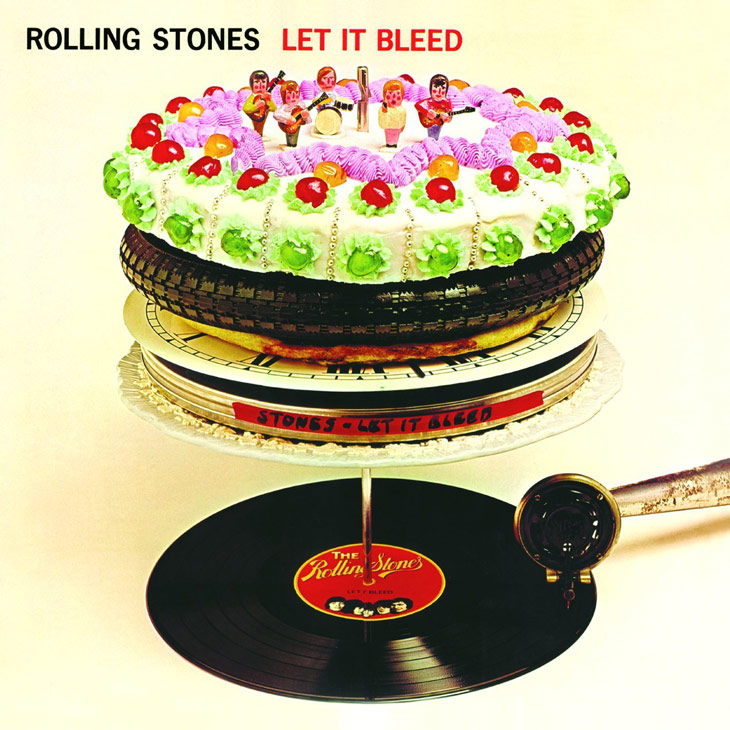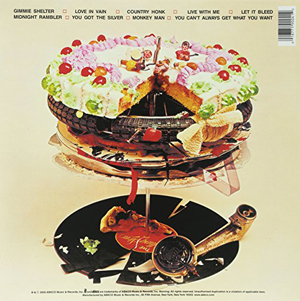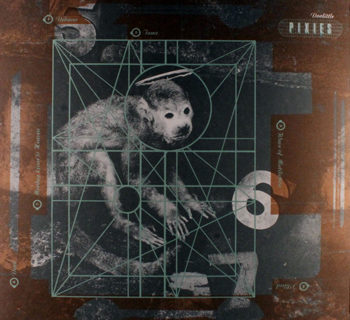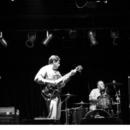The Rolling Stones - Let It Bleed
“A storm is threat’nin, my very life today”
I’m not a Stones fan; I don’t think I ever will be. But I can appreciate good songwriting, and good album construction and god damn, “Gimmer Shelter” is how you start an album.
Nothing occurs in a vacuum, and Let it Bleed is an album defined by its influences: the decaying state of the Vietnam War, the implosion of Stones original member Brian Jones, the induction of Mick Taylor, and The Beatles.
While it would be easy to talk about the success of the Stones on their own merits, that does little justice to their existence in opposition to the Beatles on every conceivable level. If psychoanalyst Carl Jung started going to rock concerts, I would be shocked if he didn’t call the Stones the Beatles’ shadow.
And everything about this album is a shadow of the Beatles in 1969. The sound is stripped bare and full of crunchy blues-rock with overt nods to bluesman and those shuffling I-IV-V turnarounds. Instead of the dreaminess of the unreal and the all-powerful effects of love, this album is terrified. Every sound is laden with a sludge-like fear of the coming days. One last bacchanal to celebrate the end of civilization. Even the sound itself–a return to roots–is an effort to distance themselves from the comparative failure of the Sgt. Pepper wannabe Their Satanic Majesties Request. This piece relishes in its tonal unevenness; it’s a slap-shot construction of blues and something indefinite. This is everything the Beatles weren’t, and that works to the albums benefit.
Let it Bleed speaks potently to the dark side that always exists under the surface.
Shadows need light to exist, but light is worthless without shadow’s definition. Let it Bleed speaks potently to the dark side that always exists under the surface. It overturns the rock of civilization for a second on those classic tracks “Gimme Shelter” and “You Can’t Always Get What You Want” and exposes it to that light that would refuse it. It gives a home to fear and makes it ok.
This album longs for love. Just as the end of Jagger’s screams of rape and murder being just a hair’s breadth away, he ends with “Love is just a kiss a way.” The shadow is dependent, and scared, but it contains hope and, in its own perverse way, optimism.
I may not be a Stones fan, but to see an album that saw the storm, feared its destructive capacity, then stood up and flipped it the bird as the lightning started to fall, well, I can’t hate that.
Until I always get what I want













